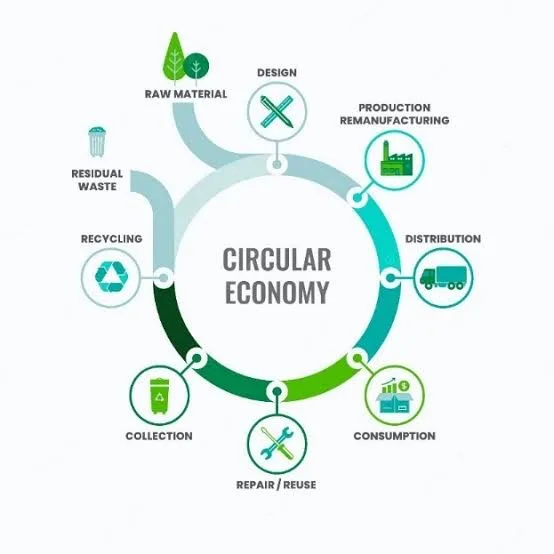When you purchase through links on our site, we may earn an affiliate commission. This doesn’t affect our editorial independence.
Digital technology is important for enhancing an effective circular economy by checkmating resource efficiency, promoting effective product lifecycle management, support for circular business models and most most importantly, supply chain transparency.
As the global economy adopts sustainability, the circular economy has become paramount to reducing waste and maximizing resource efficiency.
Digital technology plays a vital role in this shift by using data automation and connectivity to innovate how businesses design and manage products.
Here is a detailed approach on how digital technology is advancing the cause of circular economy using technology
Promoting resource efficiency
Digital technology is necessary in improving resource efficiency. Companies can easily monitor and optimize resources used through data analytics all through the production process. For example, IoT devices can track the rate of consumption of raw materials in real time, allowing businesses to identify inefficiencies and reduce waste.
Product lifecycle management
Robust and well coordinated product lifecycle management is crucial for the circular economy and digital technology facilitates this by providing well detailed insights into each stage of product life.
Software solutions can assist in designing products that are easier to repair, extending their lifespan and reducing the need for new resources. Product life management systems enable companies to plan for the end of life phase and ensure that materials can be efficiently recovered.
Supporting circular business
Digital platforms drive the adoption of circular business models such as product as a service (PaaS). These models rely on digital tools to facilitate the leasing and reuse of products, thereby reducing the demand for new goods and lowering resource consumption.
Enhancing supply chain transparency
Transparency in the supply chain is vital for the circular economy and digital technology is key to unlocking it. Blockchain and digital ledger technologies like smart contracts enable businesses to track materials and products throughout the supply chain. This level of transparency is essential for verifying the sustainability of materials and ensuring that products can be effectively recycled.
Supply chain transparency helps companies build trust with consumers and partners who demand more information about the origin of the product.
In conclusion, digital technology plays a significant role in driving the circular economy forward.








